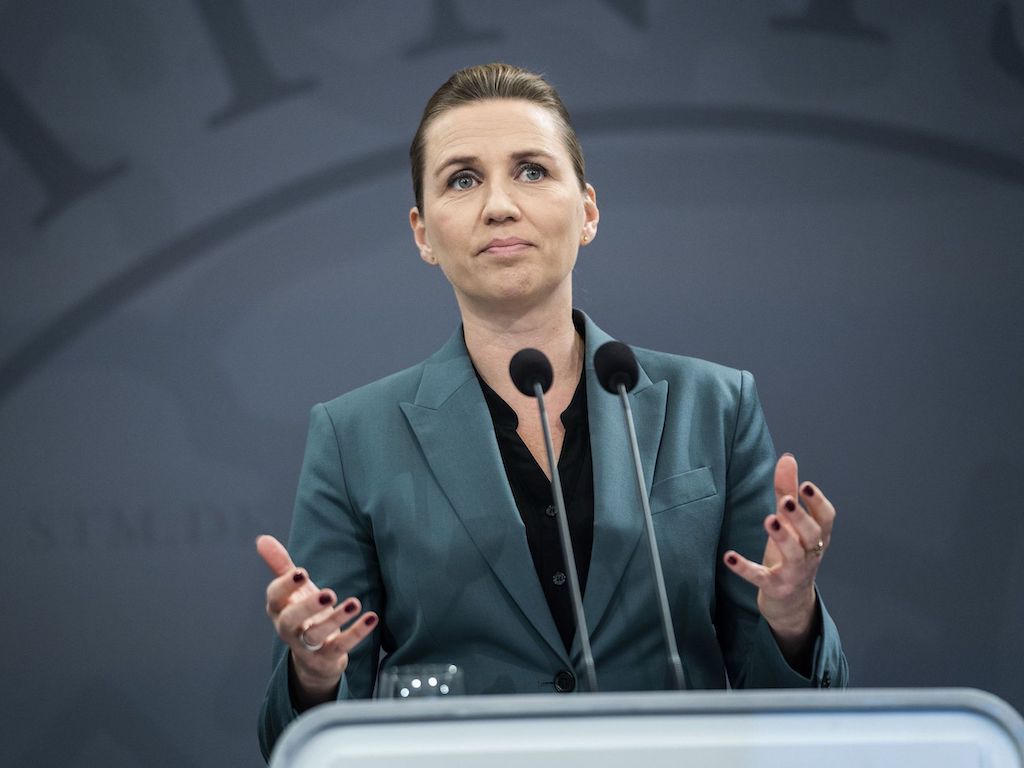3 Mins Read
Danish lawmakers have passed a landmark climate agreement that ensures the country will cut its carbon emissions by 70% from 1990 levels over the next decade. The deal was supported across party lines in a move the Danish Climate Ministry described as proof that “climate action and economic reconstruction go hand in hand” as the country rebuilds from the coronavirus pandemic.
Passed on June 22, the ambitious green deal called the Climate Act will commit Denmark to slash its carbon emissions by 70% in 2030 compared to 1990 levels, and achieve net zero emissions by 2050. Every five years, the government must set legally binding targets with a ten-year perspective, ensuring an accountability mechanism to keep the country in-line with its climate promises.
We must invest, innovate and research, so we can develop the technologies and solutions that will significantly reduce emissions.
Danish Prime Minister Mette Frederiksen
Danish lawmakers also agreed to build energy islands, a world’s-first, and will additionally make investments into carbon capture and clean fuel technologies.
Other details of the law include making renewables-powered heating cheaper, making fossil fuels more expensive, phasing private oil and gas ovens and building more recharging stations for electric vehicles.
“This agreement shows the rest of the world that climate action and economic reconstruction go hand in hand,” the Ministry of Climate and Energy said in a statement.
“This is a good and important agreement, which also builds on the major work and the many concrete recommendations from climate partnerships within the business community, and is completely in line with our 2030 plan for green growth,” said Lars Sandahl Sorensen, CEO of the Confederation of Danish Industry, in a statement.
Denmark’s new climate goals propels the country into the forefront of the climate movement amongst its European peers. The EU has set a target to cut emissions by 40% in 2030.
However, the Danish Energy Agency has warned that extra measures must now be implemented in order to achieve their new climate goals, a sentiment echoed by prime minister Mette Frederiksen, who said in a speech that the country must “invest, innovate and research, so we can develop the technologies and solutions that will significantly reduce emissions.”
This agreement shows the rest of the world that climate action and economic reconstruction go hand in hand.
The Danish Ministry of Climate and Energy
Embracing climate-friendly policies has been an economic win for Denmark, whose support for green technologies has bred some of the world’s biggest renewable energy firms on its home turf. Both the world’s largest turbine maker Vestas Wind Systems and the biggest operator of offshore wind parks, Orsted are based in the country.
Renewables have been touted as the only energy source resilient to the energy shock induced by the coronavirus crisis by the world’s energy watchdog, the International Energy Agency (IEA).
In recent months, world governments and leaders have begun stepping up their climate pledges amid the pandemic, which has proven that business-as-usual is no longer viable. In May, mayors from over 30 cities under the C40 network came together to publish a joint statement on putting the climate and equality at the heart of rebuilding plans.
Lead image courtesy of Martin Sylvest – Ritzau Scanpix / AFP / Getty Images.




